Blog
-
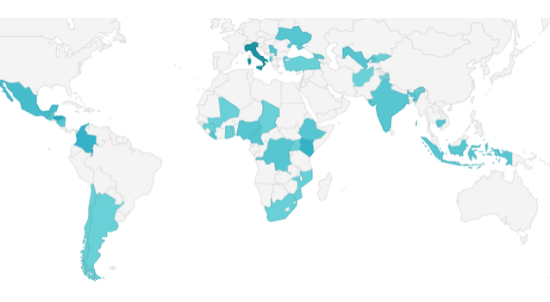 27 February 2020
27 February 2020Peacebuilding Tools for Resource Conflicts: What’s Needed, Available, but Little Known
Where international investment from powerful actors uses natural resources like water or land that sustain life for local people, conflict is a predictable result. We have seen those conflicts near a breaking point, but we have also seen firsthand how communities, companies, governments and institutions can build interpersonal relationships, trust, and overcome seemingly insurmountable barriers to come to agreement on a peaceful path forward. -
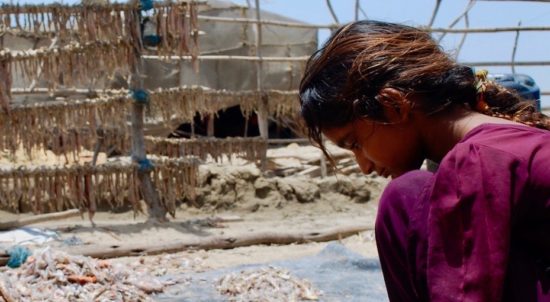 21 February 2020
21 February 2020Latest Jam v. IFC Decision Does Not Change What has Always Been True: Strong Accountability at the IFC Benefits Investors and Communities Alike
Nearly one year after their landmark victory that removed the World Bank Group’s absolute immunity in U.S. courts, fishing and farming communities in Gujarat, India faced a setback in their struggle to access justice for harm caused by an International Finance Corporation (IFC) funded coal-fired power plant. On February 14,… -
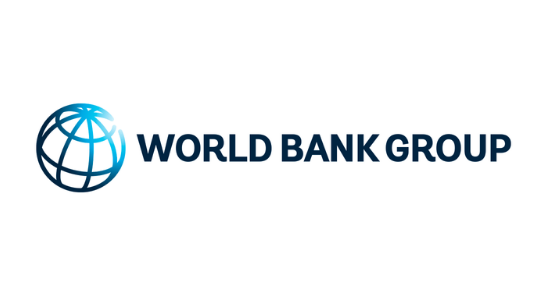 18 February 2020
18 February 2020Translating Community Experiences into Recommendations for Stronger Accountability at the IFC and MIGA
The accountability framework for the World Bank Group’s private sector arms is under review and, given the challenges that the International Finance Corporation (IFC) and Multilateral Guarantee Agency (MIGA) have faced in this area, the stakes are high. The accountability framework, which includes an accountability office known as the Compliance… -
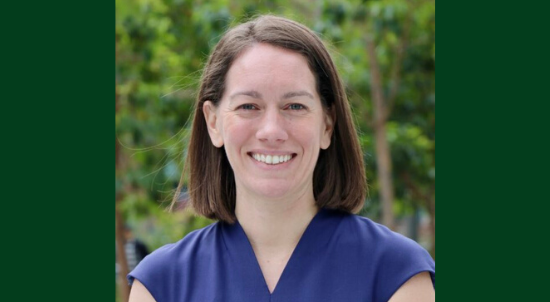 17 February 2020
17 February 2020Accountability Counsel Welcomes Margaux Day as Policy Director
We are pleased to welcome Margaux Day as Accountability Counsel’s Policy Director. As the head of our Washington, D.C. Policy team, Margaux oversees our advocacy to ensure that local communities can protect their rights and environment when impacted by international financial flows. -
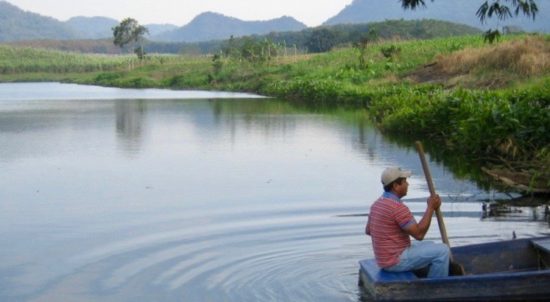 25 January 2020
25 January 2020Charting a more accountable era of U.S. development finance
As the new U.S. International Development Finance Corporation (DFC) begins operations this month, its policies and practices will shape the legacy and effectiveness of this new era of U.S. development. -
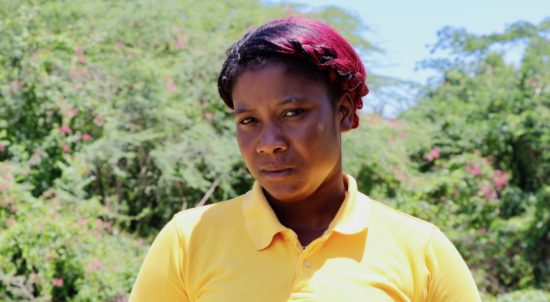 9 January 2020
9 January 2020When HOPE is POWER: Haitian Farmers Defend Land Rights in Historic Dialogue Process
Accountability Counsel is proud to announce the launch of our new case study – ‘When HOPE is POWER: Haitian Farmers Defend Land Rights in Historic Dialogue Process.’ ‘When HOPE is POWER’ tells the story of the Kolektif Peyizan Viktim Tè Chabè, a collective of Haitian farmers and their families representing nearly 4,000 people, who were displaced by the internationally-financed Caracol Industrial Park (CIP). -
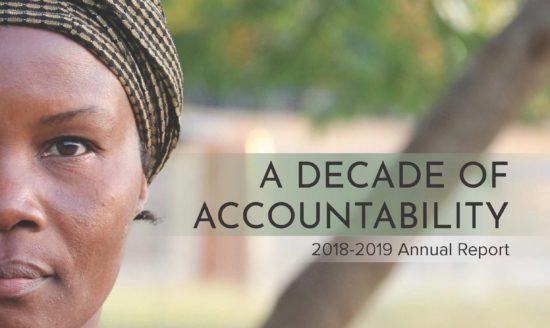 10 December 2019
10 December 2019Our 2018-2019 Annual Report on Human Rights Day
This Human Rights Day, we are honoring the communities and advocates at the frontlines of struggles to protect their human rights and environment. Human rights defenders like Seliana Marcelus (pictured above) and Ilna St. Jean (pictured below) in Haiti whose organizing has resulted in historic progress toward restoring the farming… -
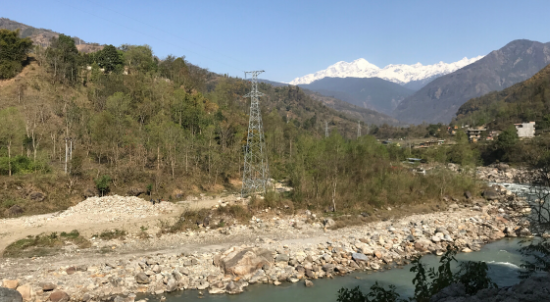 22 November 2019
22 November 2019Investors in Nepal’s hydropower sector must address concerns of local communities and Indigenous Peoples
Discussions taking place at this week’s Power Summit must focus on addressing the concerns of project-affected communities and Indigenous Peoples on whose lands hydropower and transmission line projects will be built, said Accountability Counsel and Lawyers’ Association for Human Rights of Nepalese Indigenous Peoples (LAHURNIP) today. The Power Summit 2019, organized by the Independent Power Producers Association of Nepal, is being held from November 21 – 22 in Kathmandu, Nepal. -
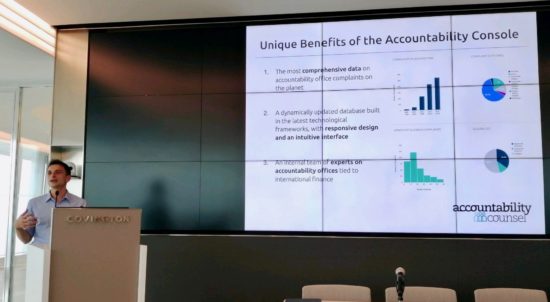 14 November 2019
14 November 2019Introducing the Accountability Console: A Database of Human Rights and Environmental Grievances
Today we are thrilled to share our new tool, the Accountability Console, with the world. After years in the making and as a result of community-driven demand, this tool provides communities, investors, policy-makers, and researchers with the world’s most comprehensive data on all Independent Accountability Mechanism (IAM) complaints. These complaints… -
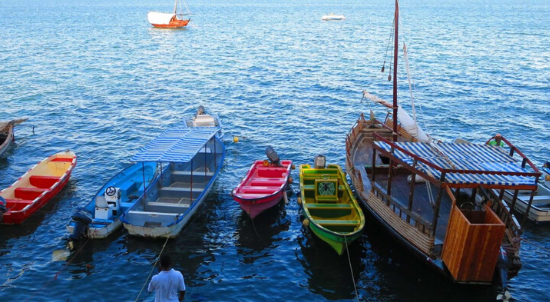 6 November 2019
6 November 2019News of Progress in the Movement to Advance Accountability for Chinese Overseas Finance
As Chinese commercial banks and state institutions finance projects overseas, communities negatively affected by these projects lack avenues to raise grievances. But this may soon change. In a positive move, a new policy framework released today may shape standards Chinese investments follow and accountability options for local communities. -
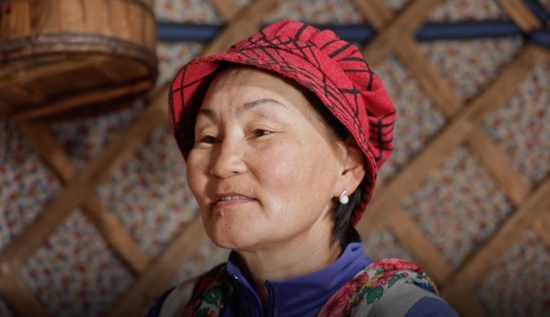 31 October 2019
31 October 2019“When the Dust Came In” Screening at the San Francisco International South Asian Film Festival
We’re thrilled to announce that our short film “”When the Dust Came In: Mongolian Herders Negotiate Their Future with a Massive Mine” will be featured at the Annual San Francisco International South Asian Film Festival. Our film, directed by the talented filmmaker Abhi Singh, will be shown first in the festival’s signature shorts program, Coast to Coast, beginning at 6:45pm on November 10, 2019. If you’re in the Bay Area, we hope you will join us! -
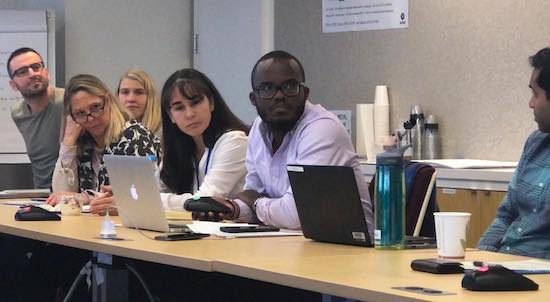 30 October 2019
30 October 2019Shifting Risk from the Poor to the Powerful Through Accountability: 2019 World Bank Group Annual Meetings Read Out
When development institutions like the World Bank Group (WBG) talk about their “risk-management services,” as President David Malpass did in his speech at the WBG Annual Meetings that just concluded, the risk being managed is that of losses to governments and corporations that benefit from public development finance. Accountability Counsel and many of our colleagues participating in the Civil Society Policy Forum, held during the Annual Meetings, highlighted the WBG’s duty to urgently reframe thinking about risk. Rather than financial loss, the WBG should think about risk in terms of the people, and the environments they depend on, that the bank exists to serve. -
 24 October 2019
24 October 2019Accountability Counsel and Partners Call for Greater Transparency and Stakeholder Engagement in the IFC/MIGA Accountability Framework Review Process
Accountability Counsel and 74 global partners submitted a joint statement to the World Bank Group’s Board of Directors, expressing concerns about the lack of transparency and external stakeholder engagement in the accountability framework review of the International Finance Corporation (IFC) and Multilateral Investment Guarantee Agency (MIGA). This process includes a review of IFC/MIGA’s independent accountability mechanism (IAM), the Compliance Advisor/Ombudsman (CAO). -
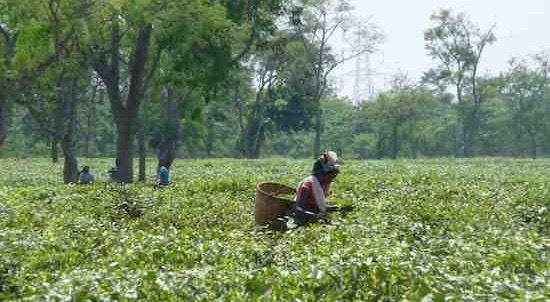 11 October 2019
11 October 2019IFC & MIGA Environmental and Social and Accountability Review
This week, the World Bank Group announced the review of the IFC and MIGA’s environmental and social (E&S) accountability. The announcement is here. The external review will include evaluation of “the role and effectiveness of the Office of the Compliance Advisor Ombudsman (CAO), the independent accountability mechanism for IFC and… -
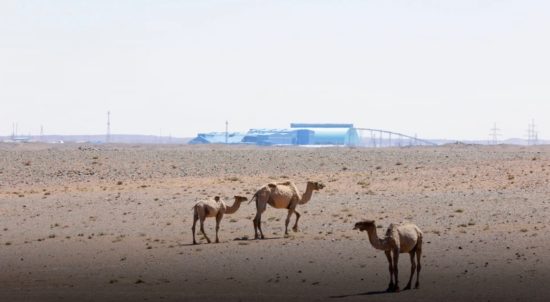 27 September 2019
27 September 2019New Short Film “When the Dust Came In: Mongolian Herders Negotiate Their Future with a Massive Mine”
Nomadic herders in Mongolia’s South Gobi Desert are fighting to protect their way of life and livelihoods while living alongside the massive Oyu Tolgoi mine. In 2017, they reached historic agreements with the mining company and local government to address the impacts of the mine. Our new short film shares the collective work that led to these agreements and the path forward to ensure that the promises translate to a sustainable future for local herders. -
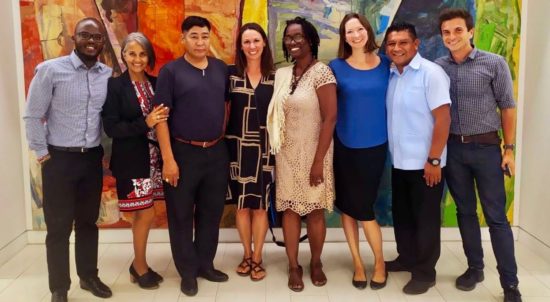 25 September 2019
25 September 2019Launching Our Second Decade With Vision, Urgency, and Joy
Amidst a decade of profoundly gratifying moments I’ve experienced since founding Accountability Counsel, a pinnacle was this month’s gathering in Washington, D.C. with our board, staff team, and global partners from seven of the 50 countries in which we’ve worked. We came together to celebrate a decade of Accountability Counsel, to reflect, and to draw inspiration from one another as we launch our second decade. -
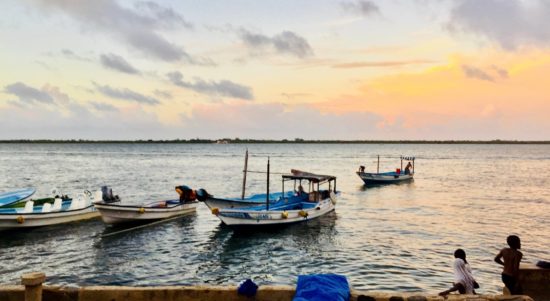 2 September 2019
2 September 2019IFC Escapes Responsibility for Lamu Coal Plant Contributions
Community members and activists have bravely and tirelessly resisted plans to construct a 1,050-megawatt coal-fired power plant on the Lamu coastline, in Kenya, despite intimidation, repression and smear campaigns. They have left no stone unturned in their efforts to hold the actors responsible for this disastrous project accountable. Yet a group of investors, led by the World Bank Group’s International Finance Corporation (IFC), has narrowly avoided responsibility for its contributions to date. Steps must be taken to close this accountability gap. -
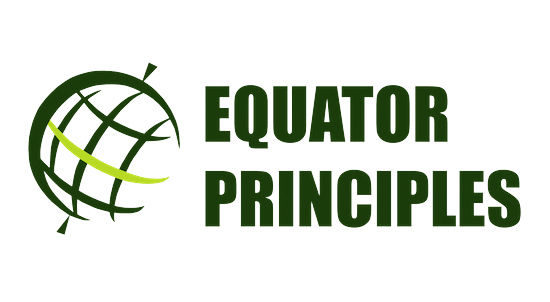 27 August 2019
27 August 2019Civil Society Groups Call for an Accountability Mechanism for the Equator Principles
Seventy-nine civil society organisations and partners have submitted a joint statement to the Equator Principles Association (EPA) and signatory banks today, expressing disappointment that the current review process of the Equator Principles does not go far enough to strengthen accountability and ensure access to remedy. With the EPA currently revising the fourth iteration of the Equator Principles, the “EP4” review should be a moment of ambition for advancing accountability in project finance. -
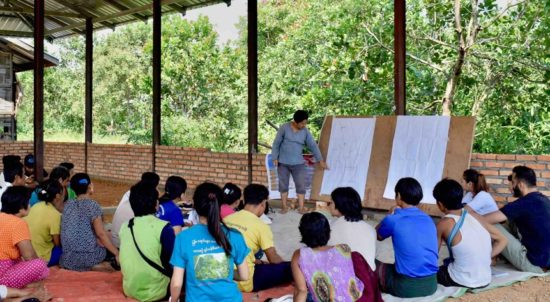 9 August 2019
9 August 2019Indigenous Communities in Myanmar Are Taking Action Against Top-Down Conservation
On this International Day of the World’s Indigenous Peoples, the need to put Indigenous Peoples at the center of conservation efforts could not be clearer. Evidence is mounting that Indigenous stewardship of natural resources is key to combating the climate crisis and protecting the biodiversity that sustains the planet. Meanwhile, Indigenous Peoples the world over are increasingly seeing access to their lands and resources restricted by top-down conservation projects that violate their rights. In Southeast Myanmar’s Tanintharyi Region, international organizations, financial institutions, and government have the opportunity to reverse this harmful approach to conservation that ignores Indigenous voices and rights. -
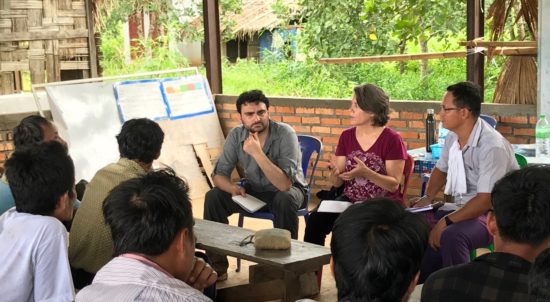 24 July 2019
24 July 2019Press Release: UN Watchdog Visits Myanmar to Investigate Conservation Project Jeopardizing Indigenous Peoples Rights
The United Nations Development Program’s (UNDP) independent watchdog visited Myanmar last week to investigate a large conservation project posing grave risks to Indigenous communities in Tanintharyi Region, which has seen decades of armed conflict during Myanmar’s 70-year civil war.

